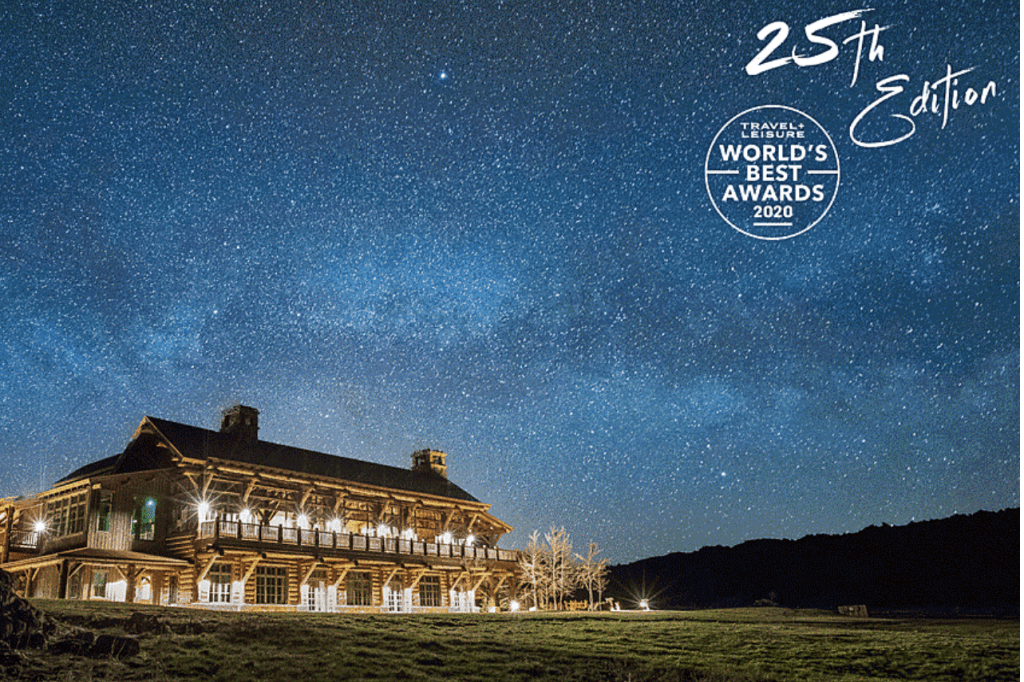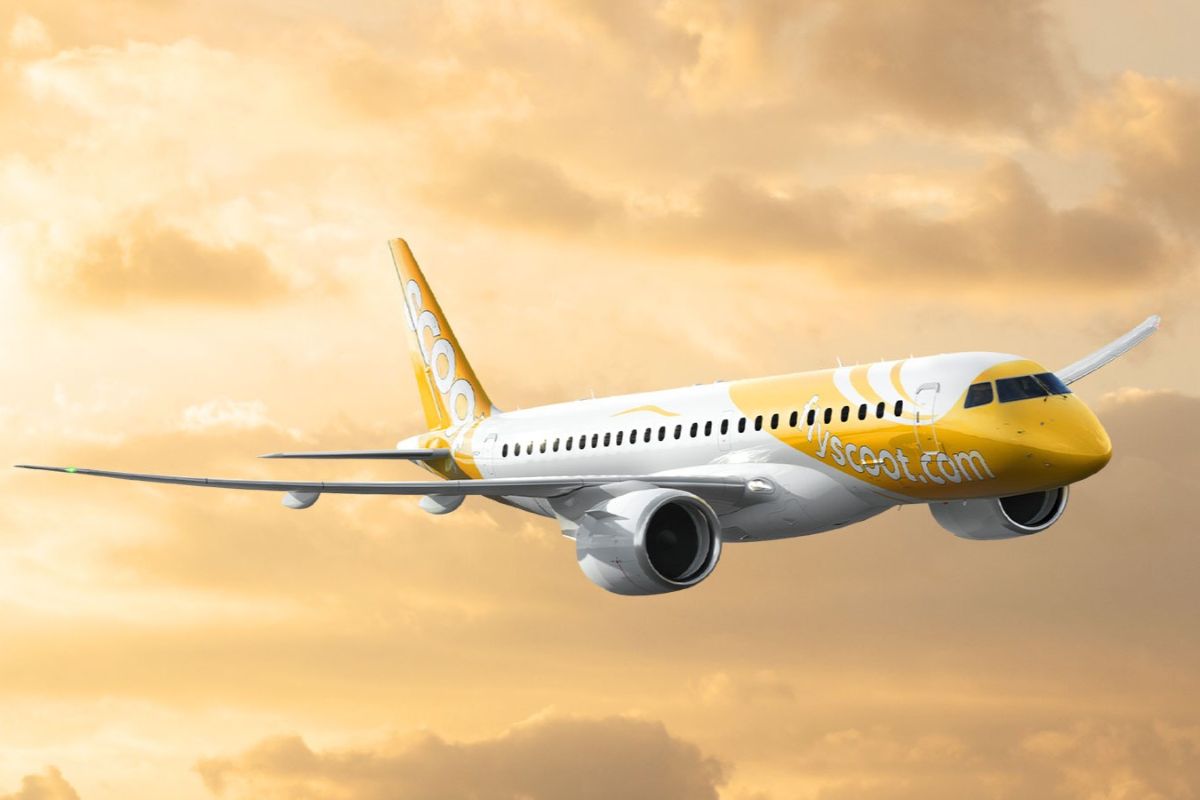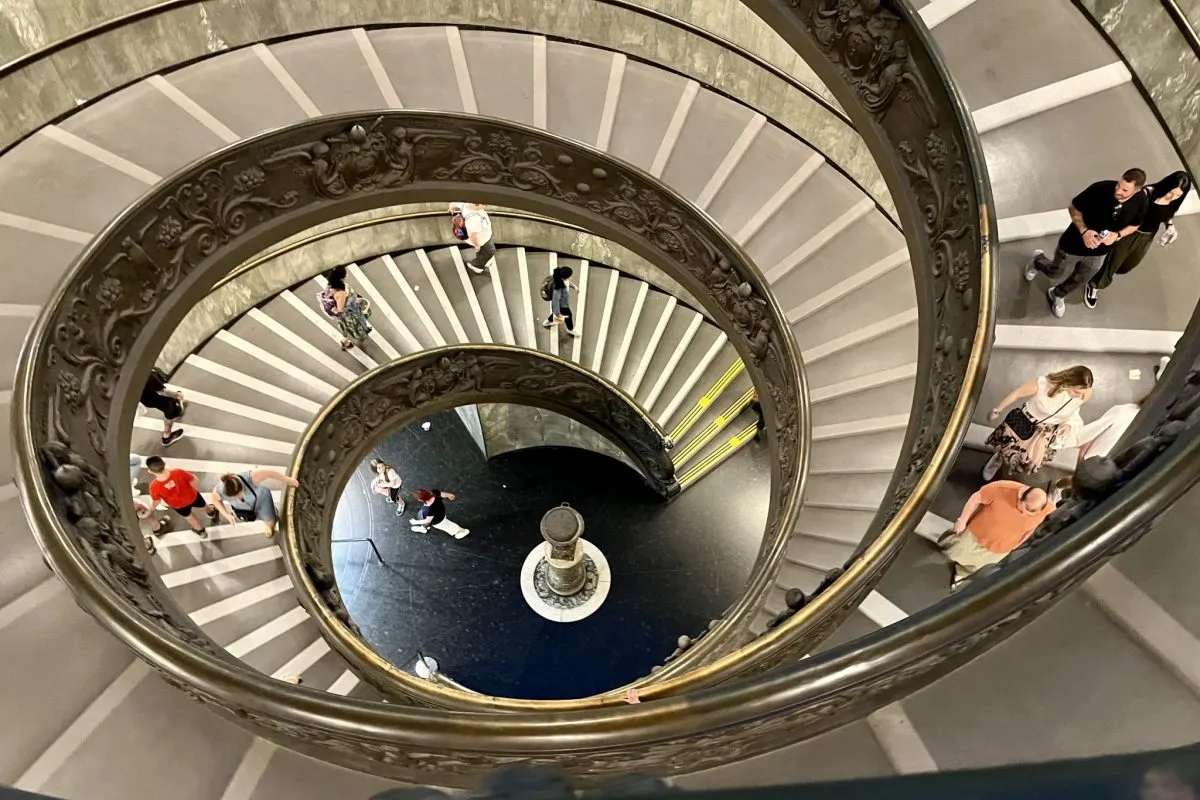Isn't It Time to Redesign Hotel Awards?

Skift Take
Hotel awards may seem incongruous during the coronavirus crisis when people can't travel but most organizers aren't skipping even a year, saying these recognitions are needed more than ever before.
Last month saw some of the media kicking off the industry's 2020 awards season, including Travel + Leisure's World's Best Awards, Tripadvisor's Travelers' Choice Awards and Agoda's Customer Review Awards.
The hotel categories are always in super abundance and Asia continues to take the cake. Travel + Leisure named the top 100 hotels in the world. Of 4,817 Tripadvisor's awards, 4,292 are hotels, the rest restaurants, airlines, attractions and experiences. Agoda, largely a hotels booking platform, even expanded its awards vastly this year, saluting 30,000 properties from just 7,800 last year. It extended the reach from 22 to 114 markets in Asia-Pacific, North America and Europe.
In a travel lockdown, however, these awards look somewhat out of place. Organizers said votes were taken before the pandemic, and that the awards would help travelers in deciding future stays.
Yet the crisis has changed hotels tremendously. Teams that won hearts for unforgettable service have come undone by massive layoffs. The best hotels of the next few years are probably those that can keep guests safe without compromising on the experience, not judged on the usual factors like location, facilities and amenities.
Even before the pandemic there was already some ambivalence whether hotel awards are needed at all from the customers’ standpoint. Peer reviews or trusted blogs that address specific niches are doing a good job in helping travelers decide who's best for what occasion. And the smarter and discerning guests become, the more awards appear arbitrary. For example, the top hotel in the world 2020, going by Travel + Leisure, is Capella Ubud, Bali, Indonesia. It's Viroth's Hotel, Siem Reap, Cambodia going by Tripadvisor.
It is also the industry's worst-kept secret that some awards can be bought, or are heavily driven by advertising or sponsorship. Unless their organizers use the coronavirus crisis as the perfect time to overhaul them, such awards could go to the dogs the way the hotel rating system has.
Meant to Inspire
Thus far, the show is largely going on. Voting for, say, the World Travel Awards 2020 has been extended to September 24, never mind that trips are few and far between. Travel + Leisure is accepting votes for 2021 from October this year. It did not reply to Skift's questions if there are plans to redesign awards in view of Covid-19 realities.
In the trade, TTG Asia Media, Asia's oldest travel business publisher, has postponed its TTG Travel Awards this year, a first since the event was organized annually since 1989. That's a wise decision, for it doesn't make sense to ask travel agents to vote for the best hotels, and vice versa, when neither have clients or are closed, some for good.
“We understand that many of our industry colleagues are now devoting their time to taking care of their team mates and partners, and pivoting their businesses for stability,” it said. It is “hopeful” of resuming the awards in 2021.
Those that go ahead say that awards matter more in Covid-battered tourism because they inspire people to travel and guide them on the best choices.
This year, said Travel + Leisure to its readers, your vote counts more than ever. “Voting for a hotel you love or an island where you've had the happiest holiday is a way to show your appreciation for the places you can't wait to get back to.”
Awards also provide vital feedback for hoteliers and accommodation partners to benchmark services and make improvements, said Errol Cooke, Agoda's vice president of partner services.
Most Coveted
Hoteliers interviewed by Skift said recognitions from online travel platforms are among the most coveted awards because they are based on millions of customer reviews from the past year and reflect current trends.
Agoda, for example, presents its Customer Review Awards to winners in July or August, based on 12 months of review data. Hotels must have an 8.0 or above review score, and a minimum of 10 reviews. Other criteria include good pricing and availability via the Agoda platform.
According to Cooke, 84 percent of people already use customer reviews to make decisions on where to stay and this will only increase in post-pandemic travel environment. The award badge makes it easier to connect travelers to peer-recommended properties. This year, winning hotels could download their certificate and upload their badge online.
Cooke expects next year's awards to reflect more domestic stays. “While international travel has taken a significant hit, domestic travel campaigns such as [Thailand's] GoLocal have helped to alleviate the shortfall, and we expect customer reviews will become even more important as travelers seek assurance on quality and exceptional value hotels even in their home market for domestic travel.”
Similarly, Tripadvisor's Jane Lim, vice president of global markets, said, “Despite the travel restrictions and various safety measures put in place around the world, travelers are still traveling, albeit in different ways. We’re seeing travelers taking short domestic trips, exploring their own neighborhoods and supporting local businesses and restaurants. As the world begins to travel again, these awards can highlight some of the best places to go, offering inspiration for travelers and diners as well as much needed support for businesses around the world.”
Tripadvisor's Travel Safe Initiative, which allows businesses to share their safety measures and overall response to the pandemic, address guests' new priorities and keep awards relevant, she said.
Redesign
It's those awards that are linked to advertising that should be redesigned, said Girish Jhunjhnuwala, founder of Ovolo Group which operates hotels in Hong Kong and Australia.
“Those like Tripadvisor's are interesting, because they are a collation of people's choices, people who have stayed at the hotels, and there's no way of influencing that,” he said.
There are reputable awards, and those where you can buy your way to the top, which can be detrimental to the awards industry, said Stefan Leser, CEO of Langham Hospitality Group. His picks of the former include the likes of Tripadvisor and Agoda, long-standing ones such as Travel + Leisure, and untraditional ones such as Skift's IDEA Awards, an annual recognition of excellence in innovation, design and experiences across the traveler journey.
Both CEOs said awards matter greatly as they are a recognition that the hotel and its team are doing something right and they keep hotels working hard so as not to fall behind.
More can be done, however, with Covid-19 opening up the chance to find ways to recognize a new set of paragons, such caringness and adaptability.
“There are two dimensions to caringness,” said Leser. “From customers' perspective, do they feel they are treated according to protocols, or as individuals with their needs truly recognized? In times of social distancing, does the interaction with guests feels like an alienation, or has it become deeper?
“From the employees' perspective, are we going through this period as a team, not just among those who are still on board but colleagues who've lost their jobs? Nobody challenges that there are fewer jobs as a result of the crisis, but it's how you handle it.”
Leser said what struck him the most during recent travels is how the question “How are you?” has lost its casualness or superficiality and become more meaningful.
He said more could also be done to salute not just the GM of the Year but other hotel professionals. “We have not marketed well enough that we're the most stress-resistant and agile people. When dealing with new circumstances, we adjust quickly. No other industry is more agile. We're used to dealing with uncertainties. When a guest walks, we don't know what he or she wants from us.”
Ovolo's Jhunjhnuwala said a new award category could look at how hotels adapt themselves to the crisis.
“It's how you make the best of everything. For example, with social distancing, we don't want guests to miss their happy hour, so we have a trolley that comes around to your room and the staff makes a cocktail outside your room and give it to you. Or a barista goes to make coffee every day that you're on a 14-day quarantine. At the end of the day, guests have been tested negative twice, once before boarding the flight and once arriving in Hong Kong. We don't need to treat them like prisoners.”
All good suggestions that hopefully will get organizers thinking how to make awards more interesting and relevant.
And the ones who do sure deserve a gold medal.





